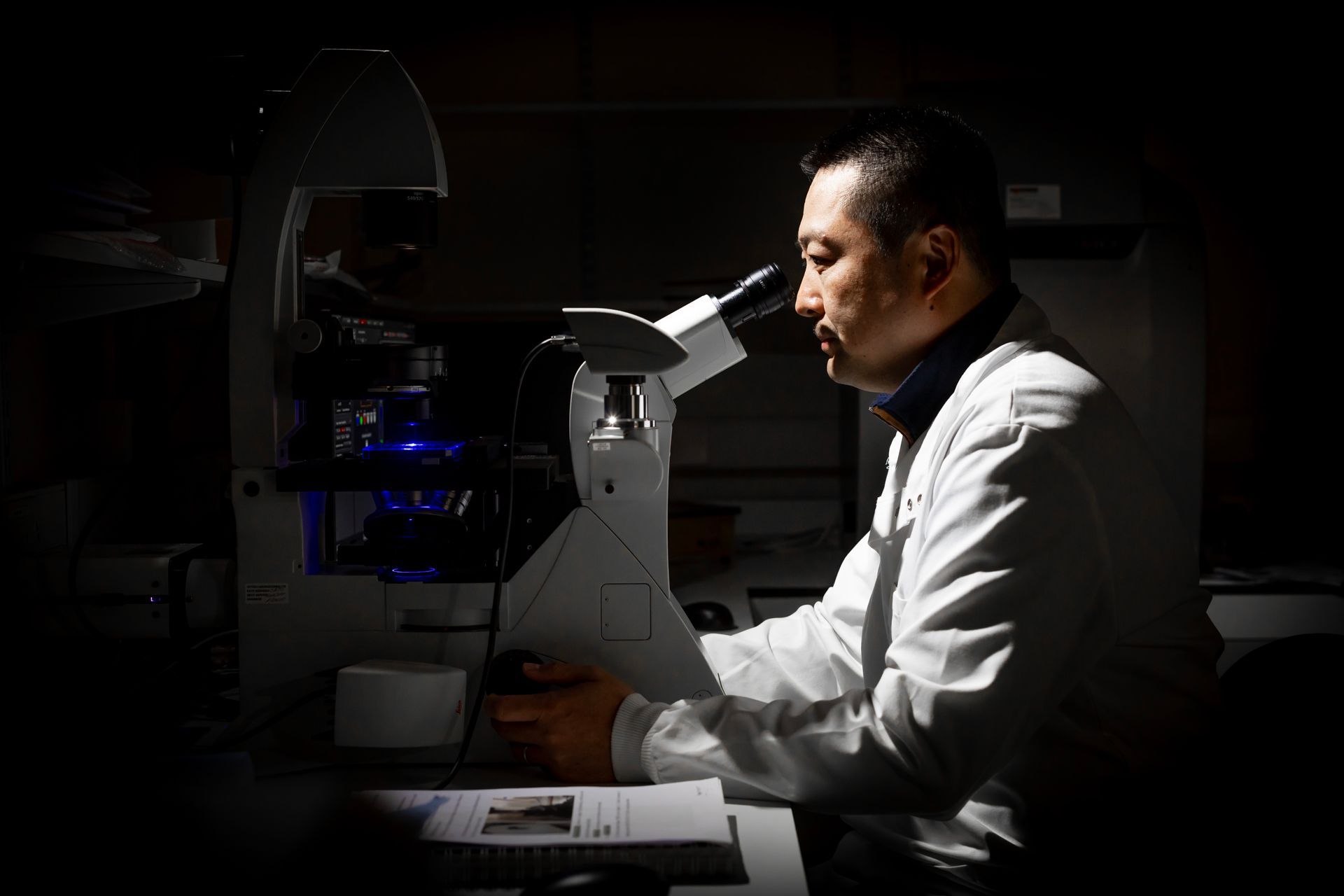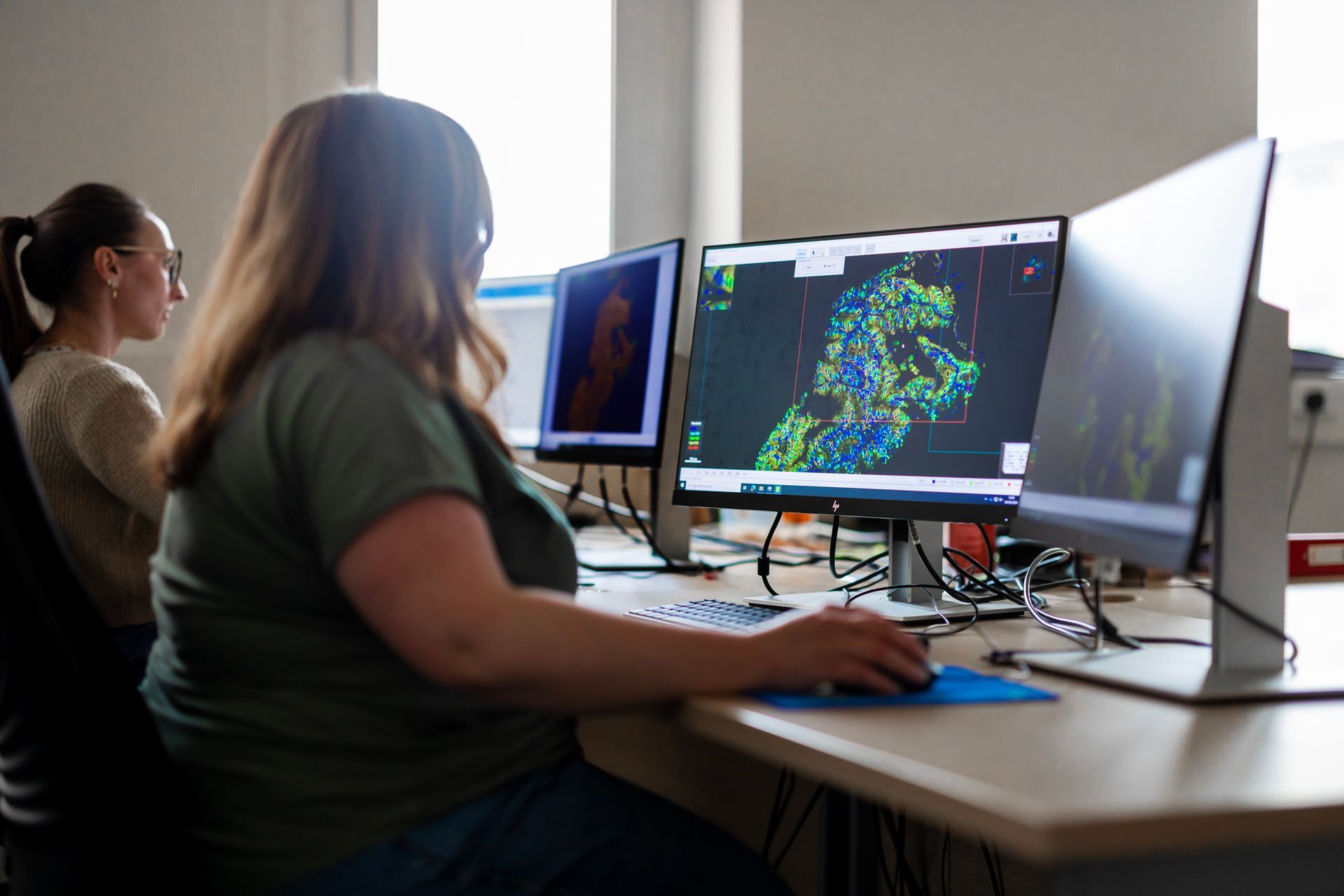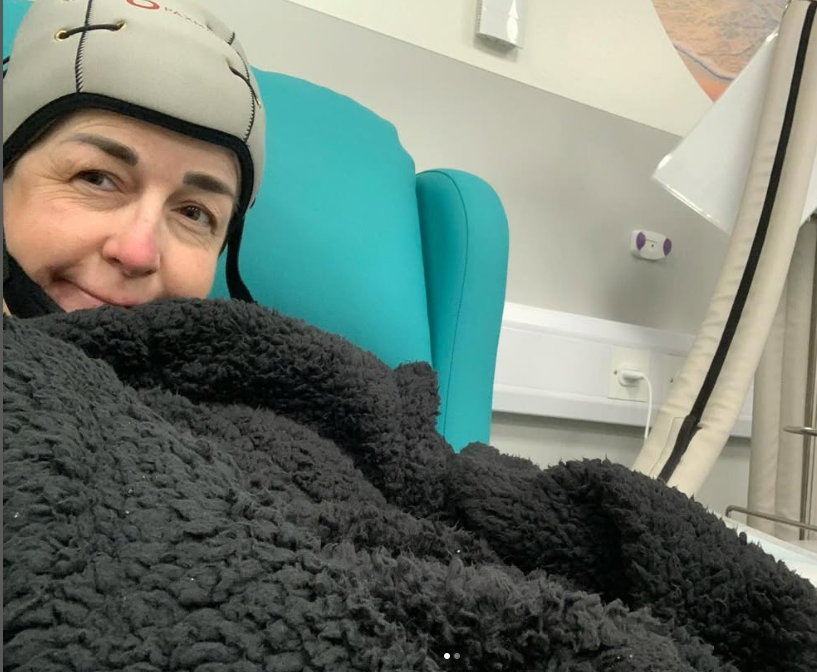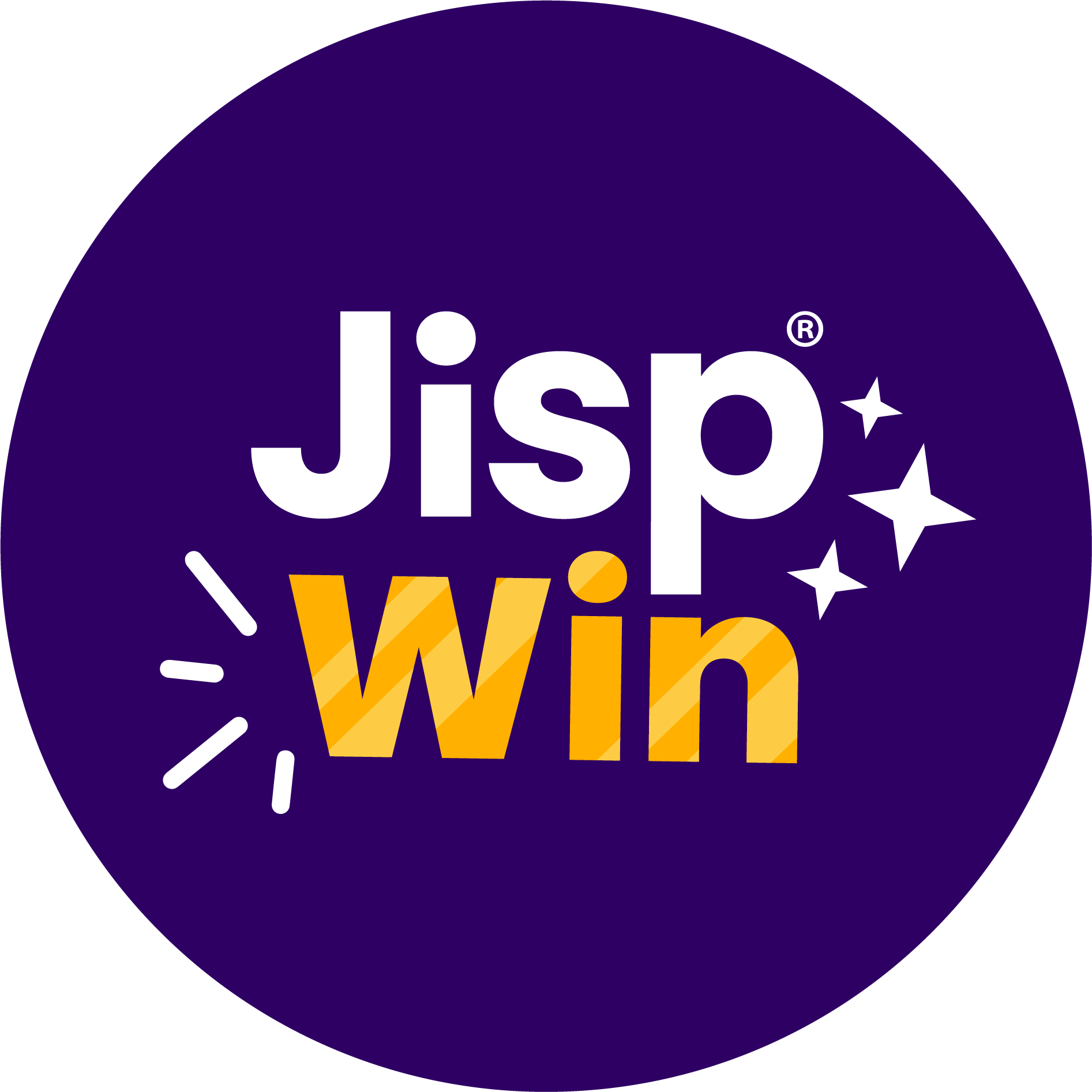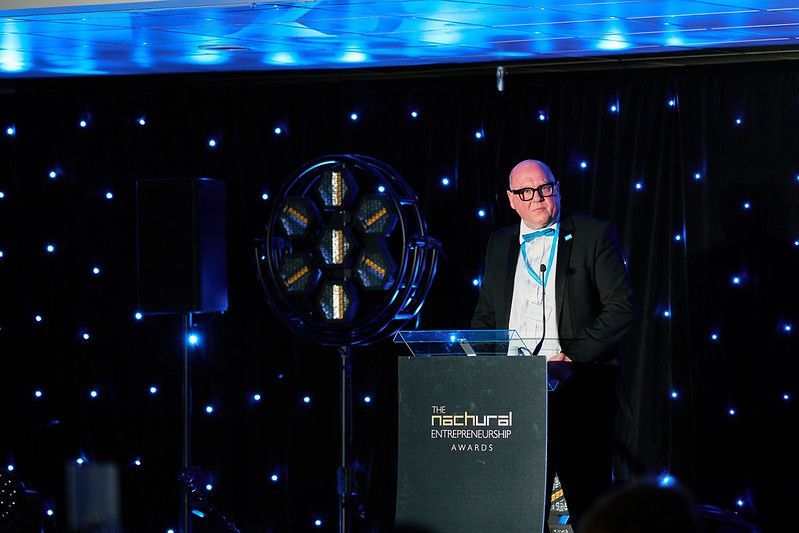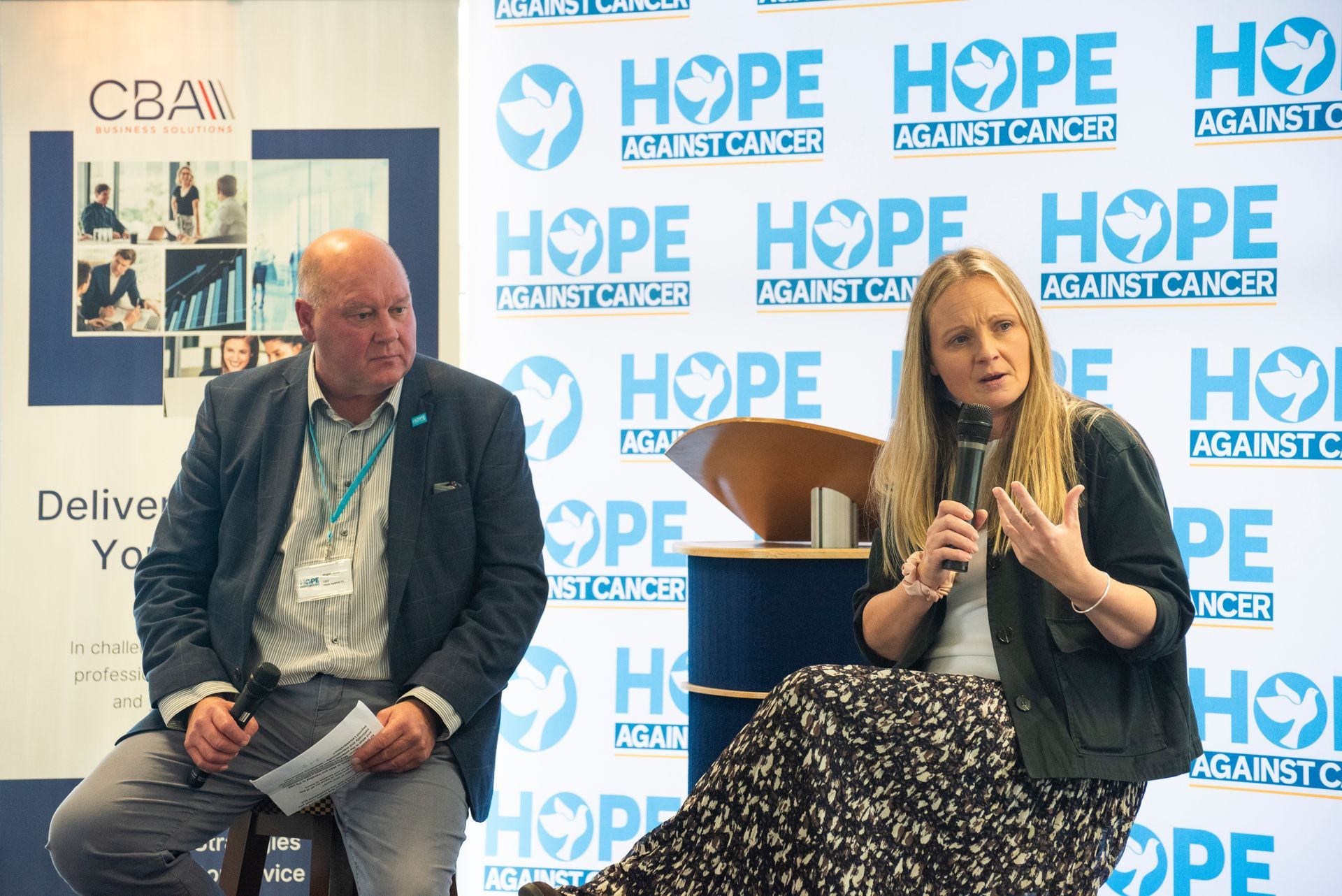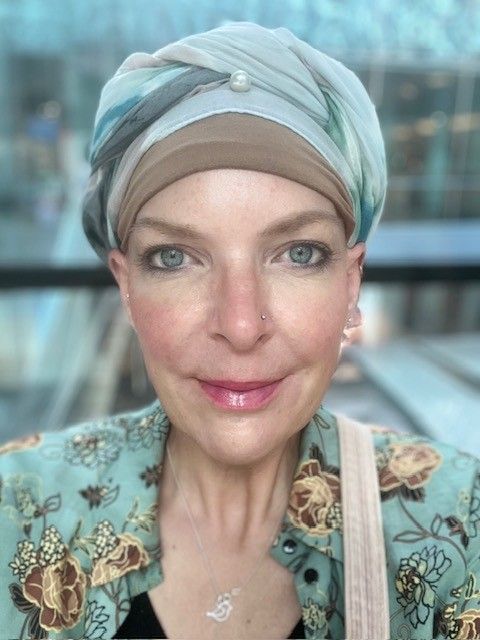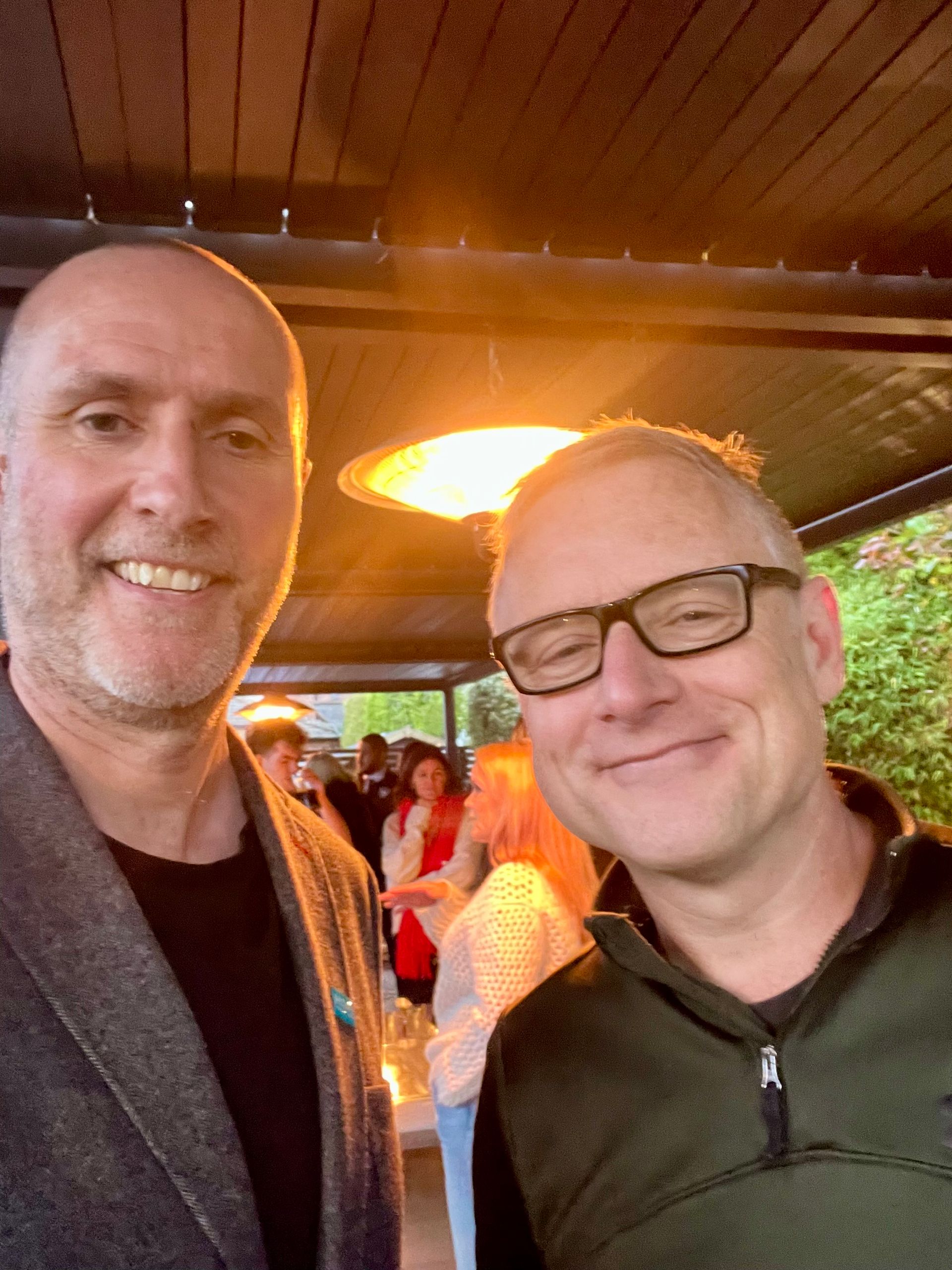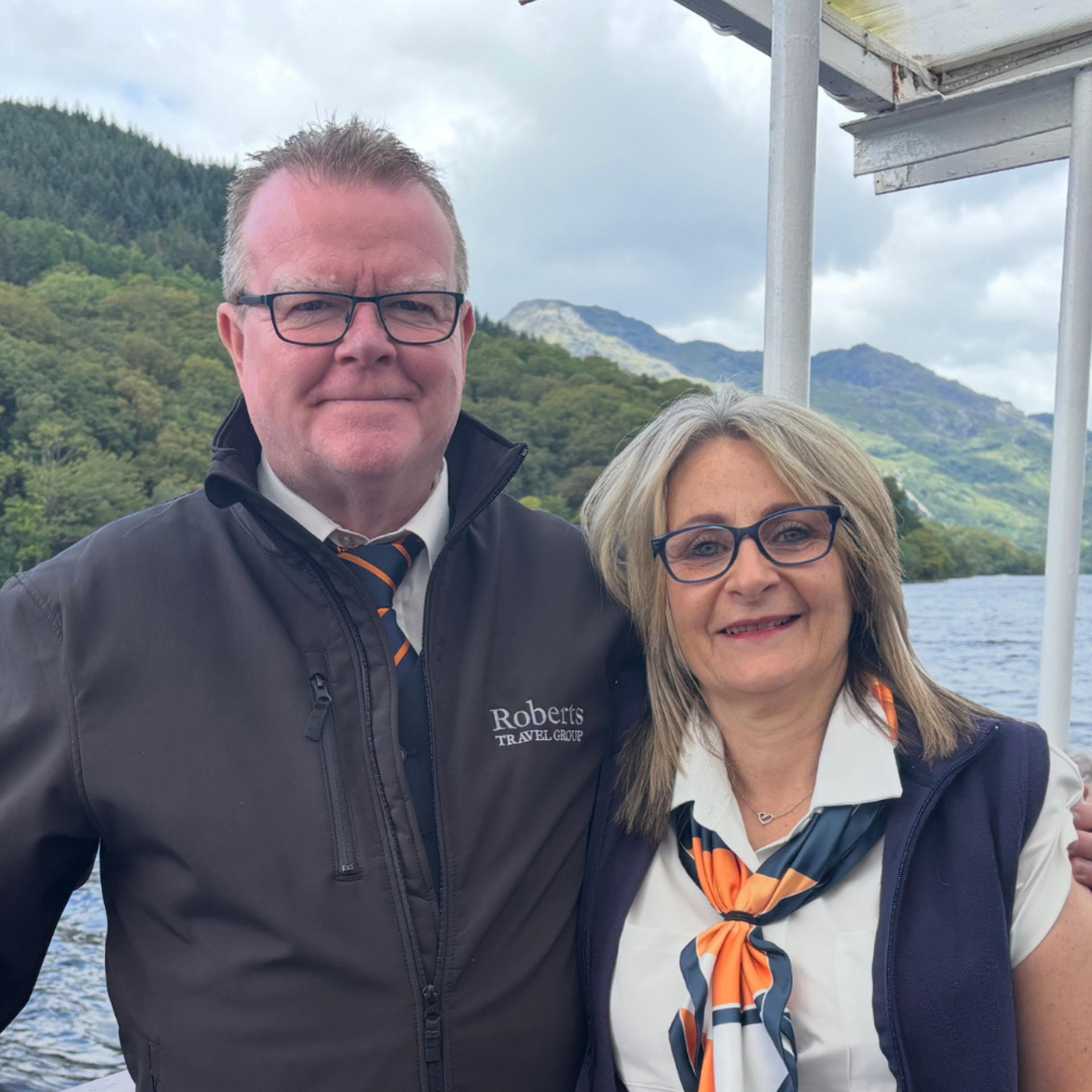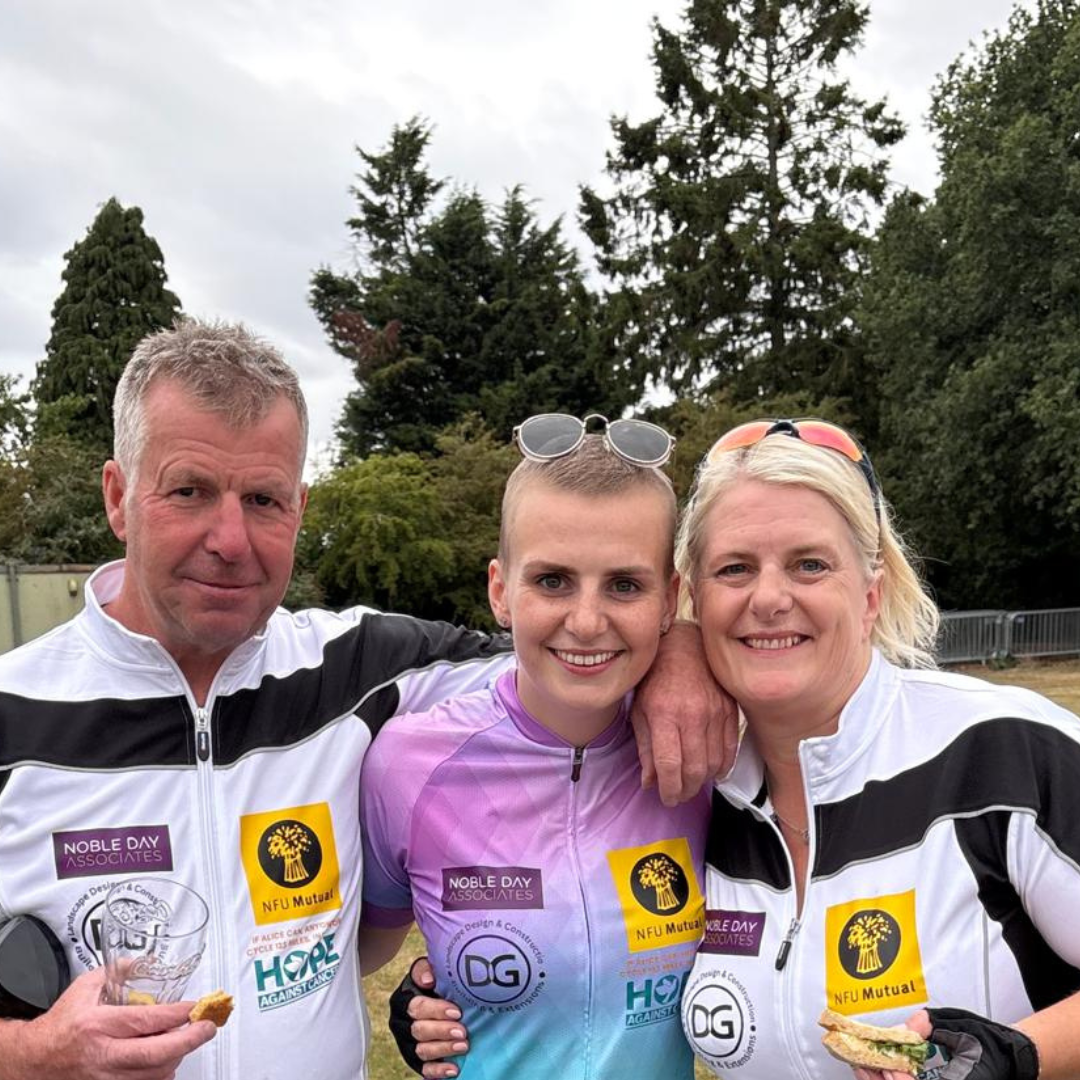Sharing Hope Against Cancer
Hidden away in the heart of England there is a small charity called Hope Against Cancer that is helping to change lives around the world.
This article was originally written for The Business Influencer Magazine and it appeared in August 2024.
The article space was a kind donation by Nachural who aim to ‘Connect, Influence & Celebrate the Best in British Business’.
*
Hidden away in the heart of England there is a small charity called Hope Against Cancer that is helping to change lives around the world.
The Hope Against Cancer model works on three core principles: Discover, Deliver and Share. These concepts work in concert to build a foundation of innovative research, support the translation of this work into new treatments for cancer, and support the sharing of knowledge and skills through training the lead researchers of tomorrow.
Since its founding in 2003, the charity has grown to become an integral part of Leicestershire and Rutland’s international reputation for exceptional cancer research.
The peer-to-peer sharing of theories, methods and results is a fundamental component of science, and so, the studies and staff that Hope supports in their area benefits local, national and international efforts to overcome cancer.
To help accomplish this, Hope has forged a strong partnership with the local NHS Trust and the two Universities based in Leicester. Funding and support requests are funnelled through this partnership and assessed by a specialist board within the Hope governance team known as the Research Advisory Panel.
The panel is made up of experts from the local universities who closely follow trends in cancer research and advise the board of trustees on where Hope’s funding is best spent to ensure maximum impact.
This impact comes in many forms. To apply for large national and international grants many medical funders require a local partner such as Hope Against Cancer for the applicant to be successful.
In the same way, projects need to be tested to collect pilot data that will support an application for a large grant. Hope often funds such studies in a process known as pump-priming.
Recent Hope grants for pump-priming projects include work looking for markers in DNA that show the presence of cancer. It is expected that the project’s outcomes will make identifying cancer easy, reliable and routine.
It has been estimated that, thanks to Hope Against Cancer’s initial funding of such projects, the Leicestershire and Rutland area has attracted £24 million in external grants for, and investment in, cancer research.
In 2004, Hope Against Cancer funded their first PhD students, Rebecca Croasdale and George Giotopoulos. Twenty years later they are both working in scientific research at an extremely high level; George is a senior researcher at Cambridge University and Rebecca is the Director of Biologics Engineering at AstraZeneca.
More recent examples of Hope-funded PhD students include Dr Sameena (Sam) Khan and Dr Gethin Thomas.
Dr Sam Khan’s PhD was funded from 2015 – 2018 and the work focused on research into cancer treatment and prevention. Her research earned her an NIHR (National Institute of Health Research) Academic Clinical Lectureship in Medical Oncology.
Dr Khan said, ‘My PhD has been the foundation for my career, and I’d never have managed it without the support and belief of the Hope team.’
In 2023, Dr Gethin Thomas was awarded his PhD. He has since been appointed to a prestigious post-doctoral position with Roche in Basel, Switzerland.
Hope continues to fund the development of the researchers of the future, but their scope of funding has evolved.
In the first decade the charity focused on funding PhD students and awarding fellowship grants. The first of these grants went towards the studies of bladder and colorectal cancers.
Then, in 2012, Hope Against Cancer opened the Hope Clinical Trials Unit at the Leicester Royal Infirmary. This facility, located near to research labs, allowed a close collaboration between treatment and research.
Samples were in a position to be swiftly delivered to laboratories for testing and analysis and the Unit gained a reputation for excellence. Yet more was needed. The space was soon not big enough to accommodate all the ambitious activities the staff wanted to explore.
In response, Hope Against Cancer raised £1.3 million to expand the space and, in 2021, the charity opened the renamed Hope Cancer Trials Centre.
The Centre’s director, Dr Harriet Walters said, ‘Support from Hope Against Cancer enables the University Hospitals of Leicester NHS Trust to contribute to, and deliver, practice-changing international cancer trials within state-of-the-art facilities.
‘Through this funding we’ve been able to make a real difference locally to our patients through early access to new drugs within clinical trials, some of which go onto be adopted into standard cancer care.’
The Hope Cancer Trials Centre currently has 152 ongoing and planned trials into a diverse range of cancers.
It is the local businesses, communities and individuals that have supported Hope Against Cancer to make these state-of-the-art facilities and practices possible.
Hope Against Cancer has a business club with a broad collection of members. Twice a year the charity hosts a ‘uniquely inspiring’ business club lunch which combines networking and inspirational speeches from both a research and patient perspective. Attendees are presented with a snapshot of some of the incredible research they help to fund, and the real-world impact that this has.
Nigel Rose, CEO of Hope Against Cancer said, ‘For 20 years, Hope Against Cancer has been helping to discover potential new treatments for cancer through cutting-edge research. We’ve been helping to deliver new treatments to patients and finally we’ve been sharing that knowledge to support the national and international fight against cancer. Through this, we’re contributing to the healthiness of the workforce, upon which thriving business communities and therefore economies, are built.’
National and international pockets of scientific excellence such as that in Leicestershire and Rutland link together to share the latest knowledge, innovate, grow and help conquer disease.
Hope Against Cancer would like to thank the publishers for their support.
If you would like to make a donation to help us continue this work, please click here.
John Nellis
Content and Communications Officer, Hope Against Cancer

